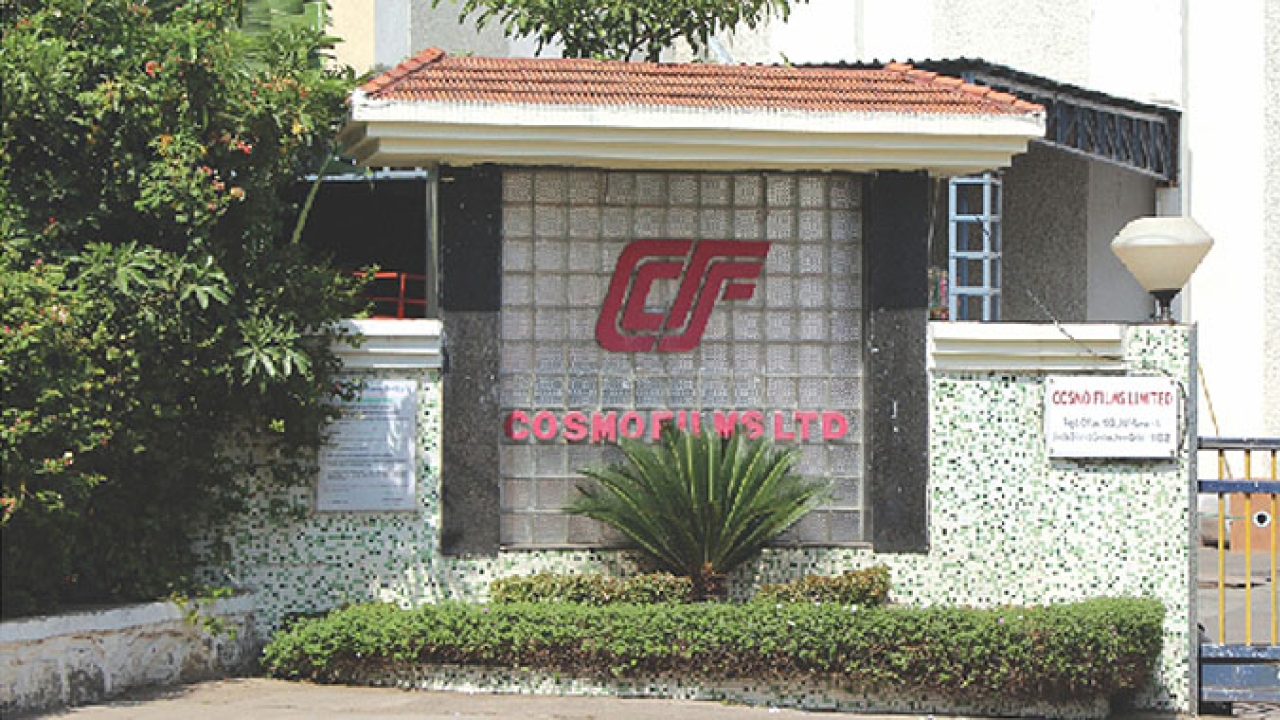Cosmo Films focuses on specialty products in MENA
Cosmo Films has announced plans to increase sales of its specialty and value-added products, including barrier films, heat resistant films, DTP films, synthetic paper, and PSA label stock films in the MENA region.

The India-headquartered company has had a presence in the Middle East market since 2008. The region has always been an important market for Cosmo films and accounted for the company’s sales of 10 million USD in the past year.
‘This figure is improving year on year as our market in the region keeps growing and the demand for our products is on a continuous rise,’ said Kapil Anand, VP, vertical head, specialty labels, corporate and domestic sales and marketing, Cosmo Films.
The company has intensified digital marketing for new prospects and increased its reach and penetration in the market. ‘We have already mapped our customers and it would be a scale up with them,’ added Anand.
Cosmo Films had a good 2020 with a sales growth of eight percent, although the first Covid wave did impact its MENA regional sales for a short period. The company is targeting growth of 10 percent in FY 21.
Cosmo Films has been a pioneer of BOPP film production in India and today sells a wide range of products to the Middle East. In the labels segment, these include films for printing on HP Indigo machines; solid white PSA label films, both sides corona treated to provide good ink and adhesive anchorage; and matte coated PSA films. Cosmo Films also produces a range of synthetic papers.
Lamination films include black and metalized velvet-touch, fragrance lamination films, and anti-viral and anti-bacterial lamination films.
The company also supplies a wide range of packaging films. These include ultra-high barrier films providing moisture and oxygen barrier properties, a new range of CPP films including high barrier and high metal bond, a new range of lidding films including retort lidding film for flavored milk and juices, and a heat resistant BOPP film, which functions as a printing layer replacing BOPET film in multi-layer laminates.
Anand also noted that today brands are looking for more sustainable solutions, mainly recyclable labels. Cosmo Films has come out with several technologies to help ease plastics' recyclability.
‘We are a focused polypropylene player, and our films are made from BOPP and CPP. The two types of films could be used individually for single-layer/duplex structures or in combination to form mono-material laminates without compromising the pack's aesthetics and performance. BOPP and CPP films also offer the benefit of better yield and in turn less consumption of plastics and overall lesser laminate cost,’ commented Anand.
Anand noted that the continued shift to flexible packaging continues to be the critical driver for BOPP films. The issue of recycling and sustainability has, in specific applications, favored BOPP film over other polymer films.
Cosmo Films is working with several FMCG brands to understand their needs, the needs of the consumer and is helping to develop easy to recycle packaging laminates for their products without compromising on functionality.
‘Brands are looking at film producers and converters to provide mono-material plastic packaging solutions to meet sustainability commitments,’ said Anand. ‘The fact that BOPP film is part of the wider polyolefin family means it can be laminated, with polyethylene (PE) film, for example, and still be widely accepted in today’s recycling waste stream.
‘The demand for sanitizers has also increased the demands for our label films. Similarly, with the increasing demand for packaged food items due to hygiene concerns, we have seen a greater demand for our specialty packaging films in the Middle East region.’
Cosmo Films has a strong distribution channel in the region and currently doesn’t plan to establish a production facility in the MENA.
A significant challenge faced by the wider film production industry is increasing raw material costs.
‘This was an issue a few months back as one of the major PP resin manufacturing plant in North America was closed, causing a global shortage of resin which resulted in a supply gap and increased prices. Also, there was a global logistics issue and availability of containers which aggravated the concern. We also faced this challenge and had to pass on the partial cost of the inflation to the market. However, now the situation is returning to normal.’
Stay up to date
Subscribe to the free Label News newsletter and receive the latest content every week. We'll never share your email address.

